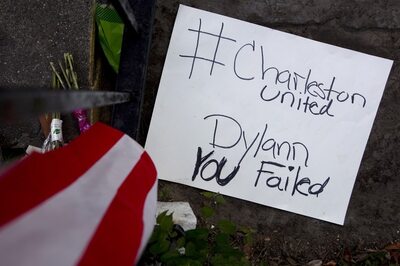
views
Several buzzwords and new workplace trends are emerging at the moment. From quiet quitting to dry promotions, people are addressing their concerns about the struggles surrounding their professional lives. Amid the passing trends, what remained consistent was the demand for a stress-free work environment for employees, while employers emphasised productivity. The latest trend that has come to the forefront is called quiet vacationing.
Going by the book, if an employee wants to take a leave for vacation, they notify the manager. However, quiet vacationing is a recent workplace trend where many employees are bypassing that step and taking time off without alerting their supervisors. As per a CNBC report and a survey performed by The Harris Poll, an American market research and analytics firm, approximately 78% of workers in the United States, particularly millennials and Gen Z, do not use all of their Paid Time Off (PTO) days.
The publication stated that according to Libby Rodney, chief strategy officer at The Harris Poll, younger professionals do not request time off because they feel pressured to meet deadlines and be productive, and they are hesitant about requesting PTO since they do not want to appear as “a slacker.” Reportedly, while Gen Z employees are more vocal about companies that blame workers for wanting to take time off, millennials prefer to solve the situation on their own discreetly. Libby Rodney said, “They will figure out how to get an appropriate work-life balance, but it’s happening behind the scenes. It’s not exactly quiet quitting, but more like quiet vacationing,” as quoted by CNBC.
Reportedly, some employees create an illusion to give the impression that they are working. For example, they either arrange for emails to be sent during business hours or outside of them to imply that they are working overtime. Some people also move their computer mouse on the company’s messaging platforms on a regular basis to make it appear as if they are working when they are not.
Libby Rodney mentioned that when employees feel compelled to sneak away for breaks, it indicates that their employer lacks a healthy PTO culture. She added that bosses may reduce that tension in a variety of ways, including being more clear about what it looks like to request time off, normalising taking PTO by taking time off themselves, supporting when their employees take time off and mandating a particular amount of time off.




















Comments
0 comment